Imagine, after six years of analysis and assessment, community consultation and a $192 million investment, finally being given the green light only to have it turned off.
It is only reasonable to expect that decision to be fully explained, not only to the project proponent, but also to the community that was eager for the almost 800 construction jobs and some 260 ongoing jobs for the life of the project.
Not in this example with the minister responsible deciding to veto the construction of a tailings dam, critical for the operations of the proposed Regis McPhillamys gold mine near Blayney, due to concerns raised with her privately and deemed to remain confidential due to cultural sensitivities.
This project was vetoed, despite the fact her own department had assessed and approved the project under the EPBC Act.
Environment minister Tanya Plibersek overrode state and federal environmental approvals by invoking Section 10 of the Aboriginal and Torres Strait Islander Heritage Protection Act based on a submission lodged by the Wiradyuri Traditional Owners Central West Aboriginal Land Corporation. The decision came after a Aboriginal Cultural Heritage Assessment process that included public notices, registering Aboriginal parties, academic reviews, archaeological surveys, public hearings and consultation.
This decision came despite the Orange Local Aboriginal Land Council taking a neutral stance on the project and the NSW Independent Planning Commission stating: “The Commission agrees with the views of Heritage NSW, the Department and the Applicant and finds that harm to Aboriginal heritage, including intangible Aboriginal cultural heritage can be acceptably managed through conditions of consent”.
Former chair of the NSW Aboriginal Land Council Roy Ah-See told Ben Fordham on Radio 2GB the fact one individual could set up a corporation outside Native Title and influence these decisions makes a “mockery” of the process. Mr Ah-See said land councils, that have been covered by legislation since 1983, have processes in place and they are well placed to speak for their country.
So it does beg the question, in circumstances like this, who are the representatives that should speak for their country? And how much weight should be given to confidential conversations over public submissions and approved assessment processes?
Why would a company invest in the rigorous processes if all it takes is a breakaway group of 18 (according to reports) to bring it undone based on confidential cultural sensitivities that can’t be tested, examined or verified, even by other indigenous stakeholders. Is it any wonder the mine proponent has decided the project is now not viable and are considering their options.
The minister says this veto need not stop the mine but why would you go through all that process again if you are not certain another Section 10 claim would be made?
